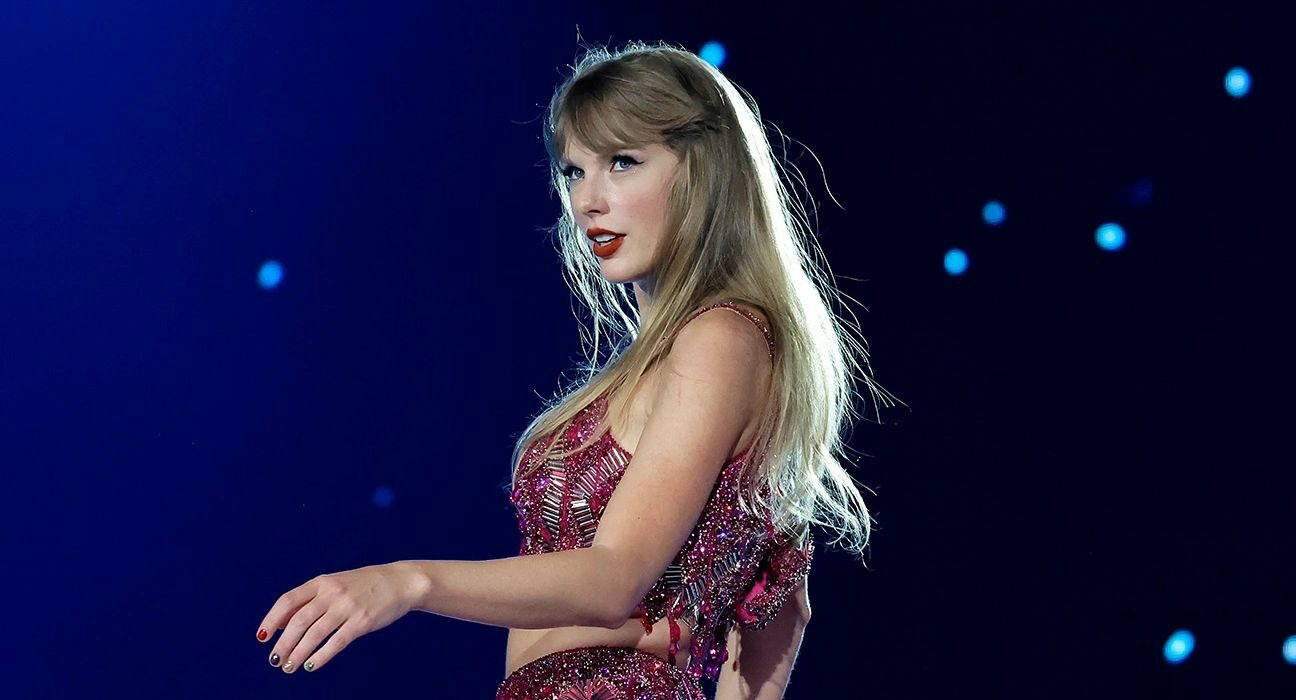Taylor Swift has made history once again as her latest world tour shatters records across multiple continents. With sold-out stadiums, record-breaking ticket sales, and billions in revenue, the tour is being hailed as one of the most successful in music history. Fans across North America, Europe, Asia, and Australia have flocked to see the pop superstar perform her greatest hits alongside tracks from her latest album.
Industry experts estimate the tour could surpass $2 billion in revenue, placing it in the same league as legendary global tours by artists like Elton John and U2.
Impact on Local Economies
Beyond the music industry, Swift’s tour has had a massive impact on local economies. Hotels, restaurants, and transportation services in host cities have reported unprecedented surges in demand. In some cities, tickets sold out in minutes, with resale prices skyrocketing to thousands of dollars. Economists note that the “Taylor Swift effect” has injected millions into urban economies, revitalizing tourism sectors still recovering from the pandemic.
Fan Experience and Cultural Influence
Swift’s meticulous attention to fan experience has contributed to the tour’s success. From elaborate stage designs and costume changes to surprise guest appearances, each concert has been described as a cultural event rather than just a performance. Social media has amplified the buzz, with hashtags related to the tour trending globally after each show.
Cultural analysts argue that Swift’s influence now extends far beyond music. Her ability to connect with fans through storytelling, activism, and authenticity has cemented her as one of the most powerful figures in pop culture today.
Celebrity Endorsements and Industry Reactions
Fellow artists and celebrities have praised Swift for redefining the concert experience. Musicians have noted that her tour sets a new benchmark for live performances, raising expectations across the industry. Entertainment executives believe Swift has demonstrated the untapped potential of large-scale tours in driving revenue and shaping cultural trends.
Challenges and Controversies
Despite its overwhelming success, the tour has faced challenges. Ticketing controversies, particularly surrounding online platforms overwhelmed by demand, sparked debates over fair pricing and accessibility. Some critics also argue that the enormous scale of the tour contributes to environmental concerns due to international travel and energy use.
Swift has responded by pledging donations to sustainability projects and supporting grassroots organizations in cities she visits, aiming to offset the environmental footprint of her global performances.
FAQs
How much revenue is Taylor Swift’s tour expected to generate?
Industry experts estimate it could surpass $2 billion, making it one of the highest-grossing tours in history.
What impact does the tour have on local economies?
Host cities benefit from increased spending in hotels, restaurants, and transportation, boosting local economies significantly.
Why is Taylor Swift’s tour considered historic?
It has broken records for ticket sales, cultural influence, and economic impact while setting new industry benchmarks.
What challenges has the tour faced?
Ticketing controversies and environmental concerns have been the main issues associated with the tour.
How has Swift addressed sustainability concerns?
She has pledged donations to sustainability projects and supported local initiatives to reduce environmental impact.
Conclusion
Taylor Swift’s record-breaking world tour highlights the power of music to move economies, cultures, and communities. With billions in revenue and millions of fans engaged worldwide, her performances are not just concerts but historic cultural moments.
However, the tour’s controversies also underline the challenges of balancing global success with accessibility and sustainability. While Swift’s influence continues to grow, her efforts to address these concerns may shape the future of live entertainment for years to come.






